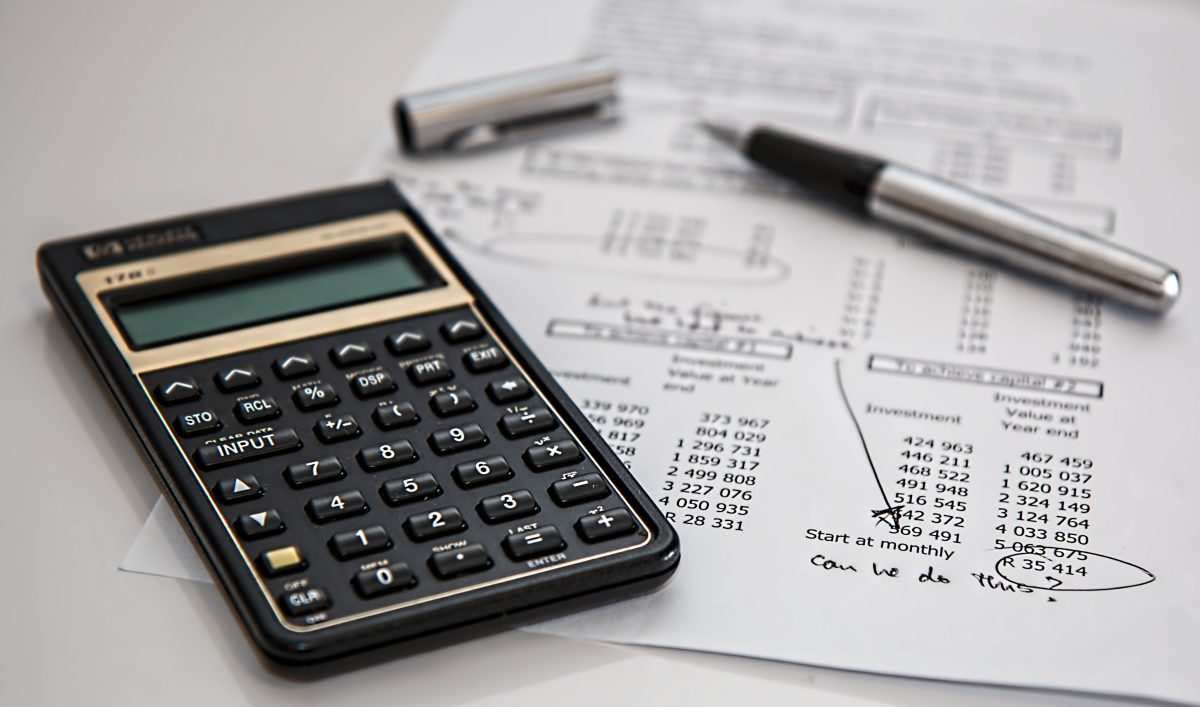It is an offence to conceal, transfer or convert the proceeds of crime. It is also an offence when the person involved knows or ought to have known that the property is the proceeds of crime.

Anti-Money Laundering:
The Basics, developed collaboratively with ICAEW, helps professional accountants enhance their understanding of how money laundering works, the risks they face, and what they can do to mitigate these risks and make a positive contribution to the public interest.
Such huge amounts of money cannot be successfully laundered without the involvement of accountants (and other professionals) who use their expertise to create the complex webs of transactions whose purpose it is to conceal and obscure illegal activity.
The Accountancy Sector’s Role in AML Compliance
They must also carry out due diligence on their clients to ensure that they are not involved in illegal activities. In the event of a suspicious transaction, accountants are obligated to report it to the relevant authorities.
How are AML checks carried out?
To carry out an AML Check, investors must provide a driving license or current passport for photographic ID. Proof of address will also be needed and can consist of a utility bill, and driving licence
What is the meaning of laundering in accounting?
Money laundering involves disguising financial assets so they can be used without detection of the illegal activity that produced them.
Through money laundering, the criminal transforms the monetary proceeds derived from criminal activity into funds with an apparently legal source.

